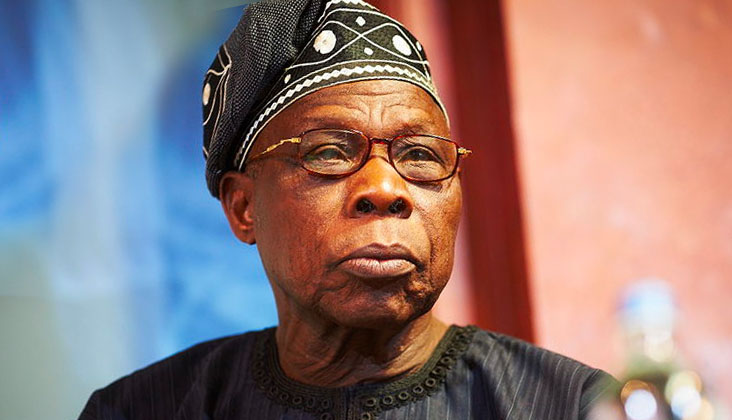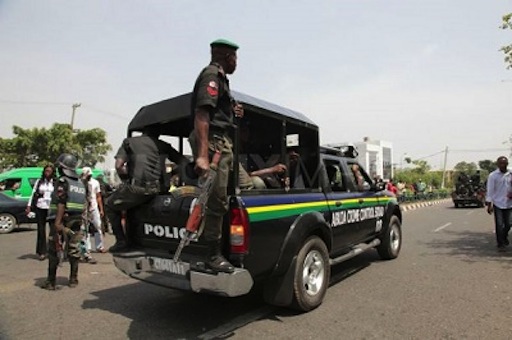VOICE AIR MEDIA
THE new academic term in Nigeria has brought with it a wave of challenges for parents and guardians, who are grappling with the impact of a harsh economy and increased fees for their children’s education.
The resumption of schools coincided with the federal government’s decision to remove fuel subsidy, which led to a sharp rise in fuel price from N197 per litre to N615 per litre.
This has had a domino effect on the cost of living, affecting transportation, food, and other essential commodities. The first term of the academic year is usually a time of adjustment for many students and pupils, who need new uniforms, textbooks, and other materials for their new classes.
However, this year, parents have been hit with another blow, as many schools in the Federal Capital Territory (FCT) and other states have quietly hiked their fees and logistics charges.
For instance, a top secondary school in Orozo, an outskirt of Abuja, has increased its fee from N2.8 million naira per term to N3.87 million naira.
Similarly, a popular secondary school in Jabi, Abuja, has raised its fee for Junior students from N3.8 million naira to 4.5 million naira.
These increments have left many parents frustrated and worried about how they will cope with the financial pressure. Some parents have expressed their concerns, calling on both the government and the school owners to reconsider their actions.
They urged the government to intervene and alleviate the negative effects of the subsidy removal, which have worsened an already dire economic situation.
They also appealed to school owners to be compassionate and reasonable in their fee adjustments.
Sarah Thompson, a civil servant and resident of Karshi Abuja, said that she understands that schools need to cover their costs, but asked for transparency and a fair balance between quality education and affordability.
She said, “It’s heartbreaking to see the fees for our children’s education go up so drastically. We’re already struggling with the increased cost of living, and now this? It’s a heavy burden.
“Every year, it feels like we’re being squeezed even more. The rising prices of school materials and the sudden fee hike are making it incredibly difficult for us as parents.”
Another concerned parent, Fatima Ahmed, a tailor, said that she wants the best education for her child, but it’s becoming increasingly unaffordable. She said that these rising costs for textbooks and school fees are pushing them to their limits.
She said, “The government needs to step in and address these issues. It’s not just about fees; it’s about the overall cost of sending our kids to school. We can’t bear this alone.”
A mother of triplets, Enuwa Ochefu, who is a petty trader told our reporter that she has to make sacrifices in other aspects of her life to ensure her children can continue their education. She said that it’s a tough situation.
She said, “Education is a fundamental right, and it’s disheartening to see it becoming a luxury for many. We hope that the authorities take notice of our struggle.”
On the other hand, Miss Israel Kwer, the proprietor of Mt Moriah Group of Schools, Abuja, shared her perspective on the matter in an interview with Daily Post on Sunday.
She revealed that her school had been facing difficulties paying its staff since the removal of fuel subsidy.
Despite the challenging circumstances, she stated that her institution had not increased its bus fees.
She said, “We want to be transparent about our fee adjustments. The rising market prices, like textbooks going from 2000 to 5000 naira, have forced us to make some changes. However, we have not increased our bus fees because we know how hard it is for parents to cope with transportation costs.”
She added that her school strives to provide quality education at affordable rates and that she hopes that things will get better soon.




